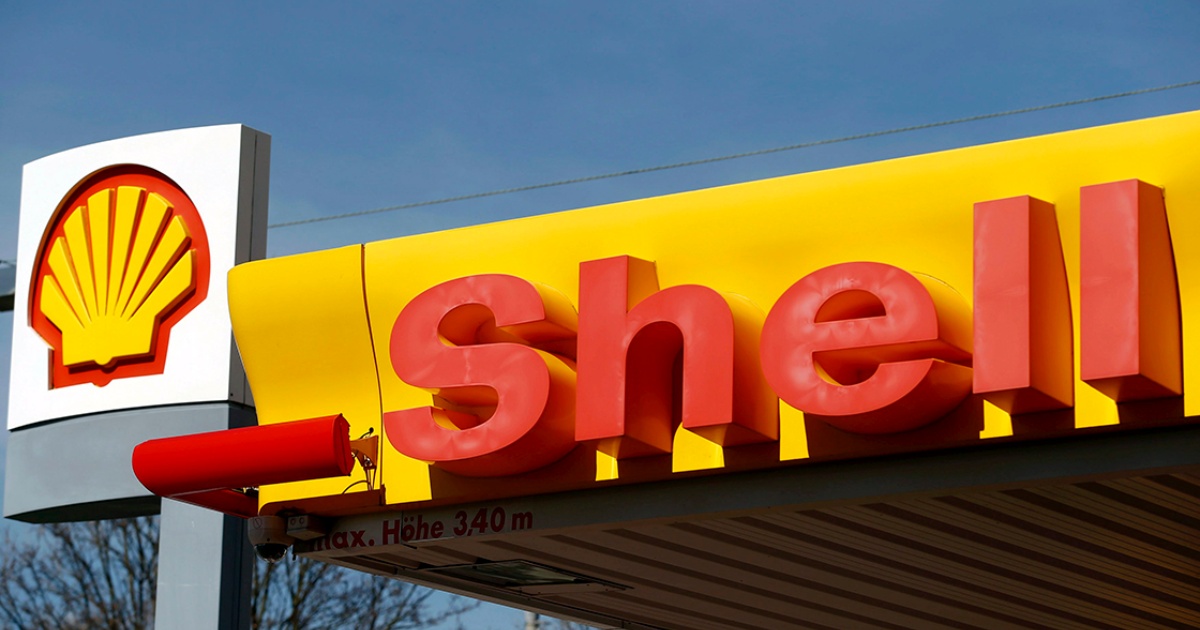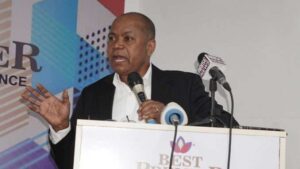
Global Gas and Refining Limited has raised strong objections to the reported approval by the Nigerian Upstream Petroleum Regulatory Commission (NUPRC) for Shell Petroleum Development Company (SPDC) to sell its $2.4 billion onshore assets to Renaissance Africa Energy Company Limited.
The company’s chairman, Mr. Kenneth Yellowe, expressed his concerns in a recent statement, emphasising that the approval undermines the rule of law and sets a troubling precedent for corporate governance in Nigeria.
Mr. Yellowe’s objections stem from an ongoing legal dispute between Global Gas and Shell regarding a Gas Processing Agreement (GPA) signed on March 15, 2002. Global Gas alleges that Shell failed to fulfil its obligation to supply wet gas under the terms of the GPA, causing significant financial losses to the company and its foreign investment partners.
In September 2024, Global Gas sought an injunction from the Federal High Court in Abuja to prevent NUPRC from granting ministerial approval for the asset sale. The court subsequently directed the parties to pursue an out-of-court settlement, with a review date set for January 22, 2025. Mr. Yellowe lamented that despite NUPRC swearing an affidavit to honour the injunction, the commission proceeded to grant consent for the transaction, an action he described as both “sudden” and “unlawful.”

“This defiance not only undermines the rule of law but also sets a dangerous precedent for corporate governance in Nigeria,” Mr. Yellowe stated. “The sudden and unlawful approval of this divestment during ongoing negotiations is an affront to justice and fairness.”
The roots of Shell’s decision to divest from its Nigerian onshore assets date back to 2021, when the company announced plans to exit the segment, citing persistent operational challenges, including oil theft, spills, and community-related disruptions. Following a temporary suspension of the divestment process in 2022, discussions resumed in 2023 with Renaissance Consortium emerging as the preferred buyer.
The approval process, however, has been marred by controversy. In October 2024, NUPRC reportedly rejected the proposed $1.3 billion sale, citing concerns about Renaissance Consortium’s capacity to manage the assets. Yet, subsequent reports indicated that the deal had been revised and eventually approved at an increased value of $2.4 billion.
Shell has maintained that its dispute with Global Gas is primarily financial, asserting that any compensation awarded by the courts can be covered by SPDC. The company’s legal counsel, Mr. Kingsley Osuh, emphasised that the matter is currently under consideration by the Supreme Court, stating that Shell remains confident in its ability to meet any financial obligations arising from the case.
Global Gas, however, insists that the timing and manner of the approval violate due process and disregard ongoing court proceedings. Mr. Yellowe further called on the federal government, regulatory bodies, and international stakeholders to hold Shell accountable and ensure stricter enforcement of judicial rulings.
Civil society groups, including Amnesty International, have also voiced concerns over the sale, urging the government to block the transaction until unresolved issues, including environmental damage and community grievances, are adequately addressed.
For Nigeria, Shell’s divestment represents a significant turning point in the country’s oil and gas sector. While the sale could attract new investments and drive operational improvements under local management, the legal and governance controversies surrounding the transaction threaten to overshadow its potential benefits.
As the court date in January 2025 approaches, all eyes will remain on the legal proceedings to determine whether due process will ultimately prevail in one of Nigeria’s most high-profile energy sector disputes.
Discover more from Astudity Limited
Subscribe to get the latest posts sent to your email.